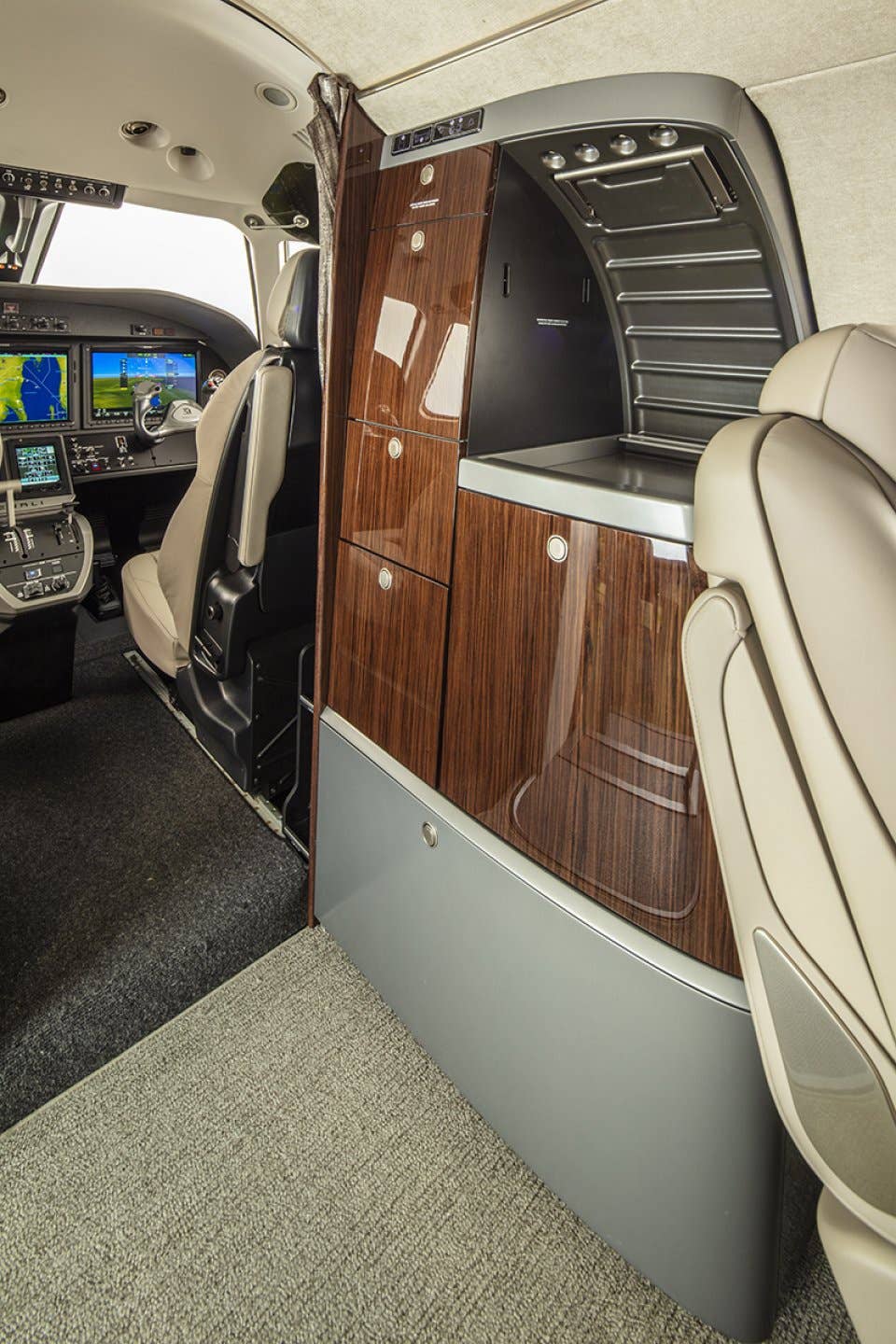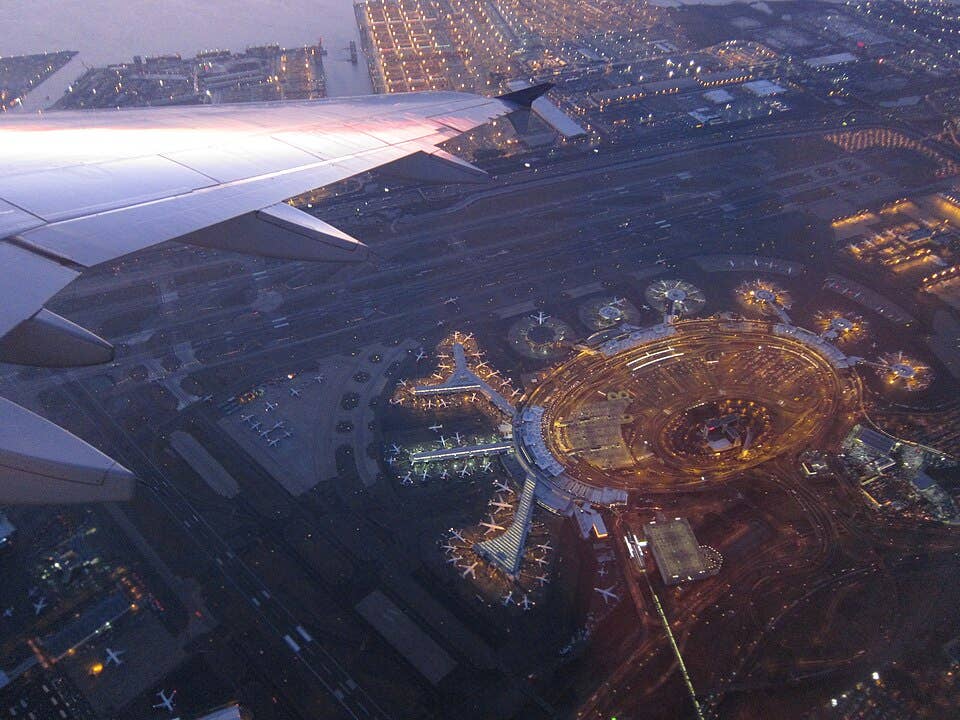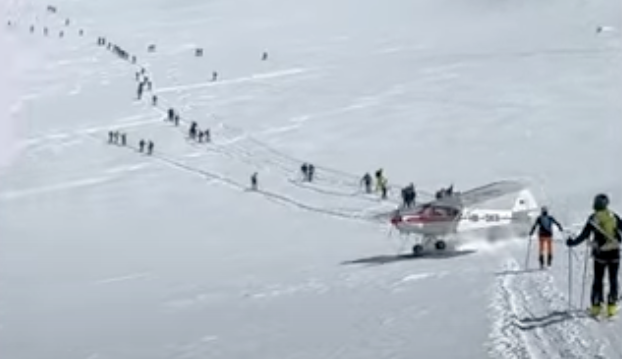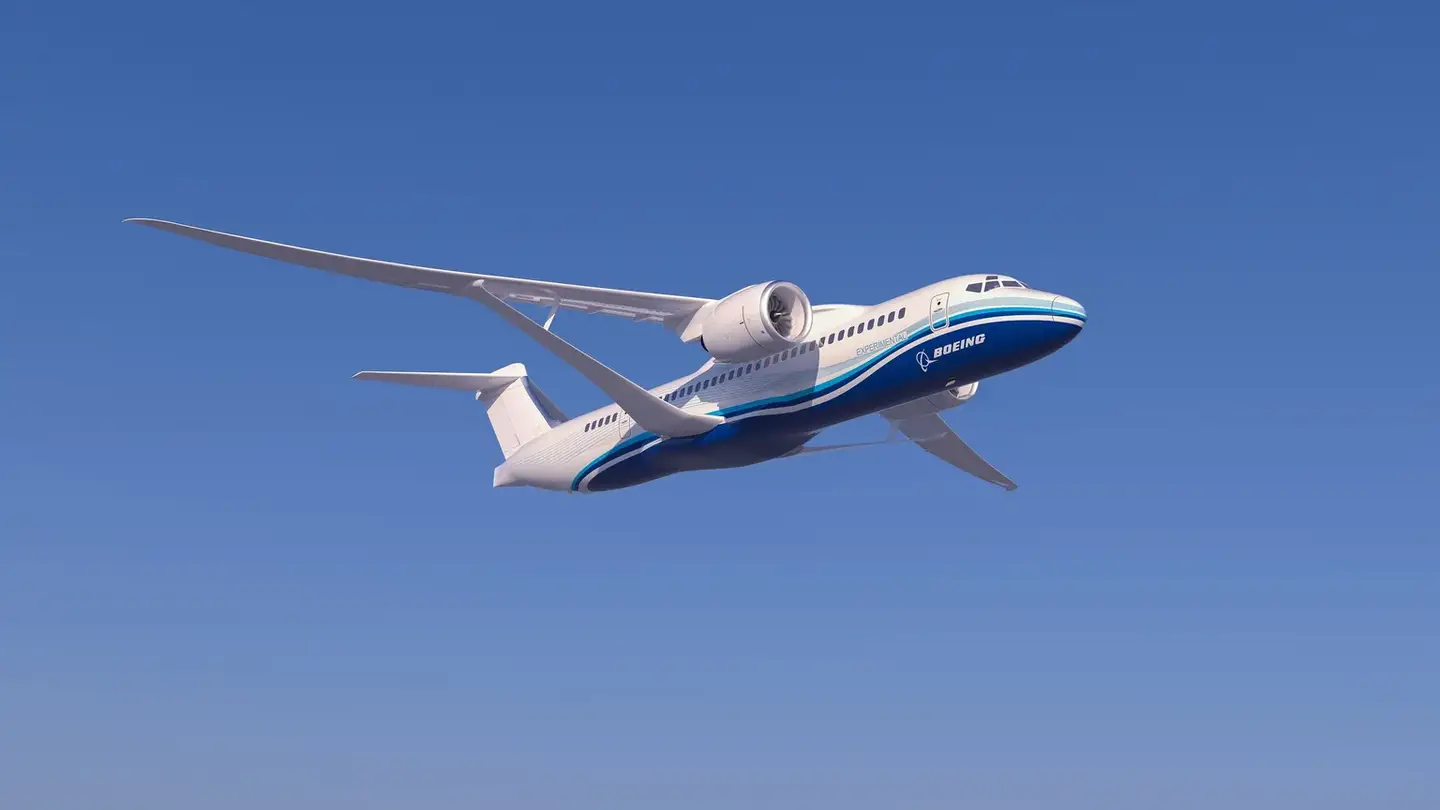Cessna Debuts Full-Scale Denali Turboprop Mockup At AirVenture
Cessna shows off full-scale Denali turboprop cabin and cockpit mockup at AirVenture 2018.

At AirVenture this week, Textron Aviation proved that the Cessna Denali single-engine turboprop is getting closer to flight testing, displaying a full-scale mockup of the entire passenger cabin and cockpit. The mockup, which had a fully assembled executive interior with aft seats removed to accommodate a motorcycle, also had Garmin's G3000 integrated avionics.
Initially introduced in 2015, Textron unveiled the aircraft's cabin concept in 2016 and has been fine-tuning the Denali's cabin and cockpit after gathering input from its customer base. The aircraft has larger cabin windows, larger seats, a modular refreshment center and an aft-located serviceable belted lavatory, which can be removed by the crew if it needs to use the space for cargo or additional seating. The executive interior accommodates six individual reclining passenger seats, club-configured tables and a refreshment center. In a commuter configuration, the cabin accommodates nine forward-facing seats. Designed using cues form Textron's large-cabin business jets, the company says the Denali has the largest flat-floor design of any airplane in the class.
The Denali will be powered by the 1240 shaft horsepower full FADEC-controlled Catalyst engine, which was developed by GE Aviation. It will have a digitally optimized single-lever engine/propeller control and mated with a 105-inch diameter McCauley five-blade constant-speed composite propeller, which has reversible pitch and ice protection. The GE engine will have a 4000-hour TBO and the aircraft will have a 1600 NM high-speed cruise range when loaded with one pilot and four passengers. Textron said the Denali is projected to have cruise speeds in the 285-knot range and full-fuel payload of 1100 pounds. The Denali will have a digital pressurization system that maintains a 6130-foot cabin altitude at 31,000 feet.
Textron told AVweb at AirVenture 2018 that flight testing is slated for 2019, followed by production in 2020. For more on the Denali project, visit www.txtav.com.






